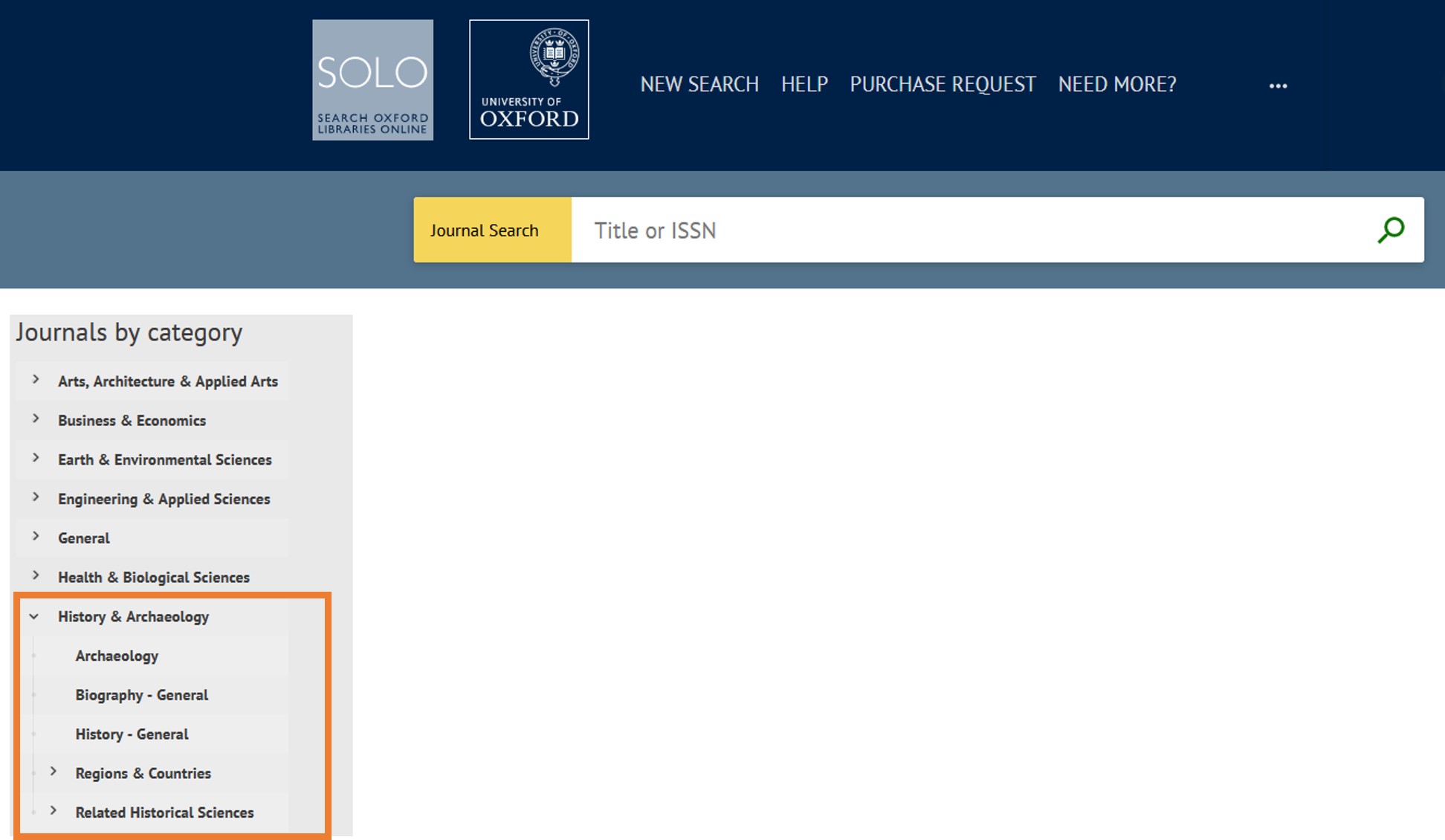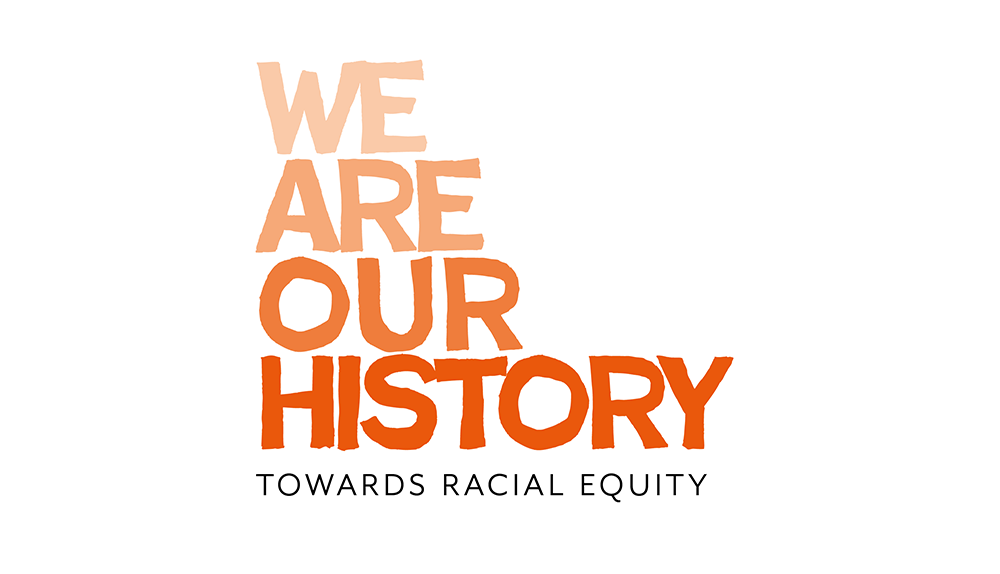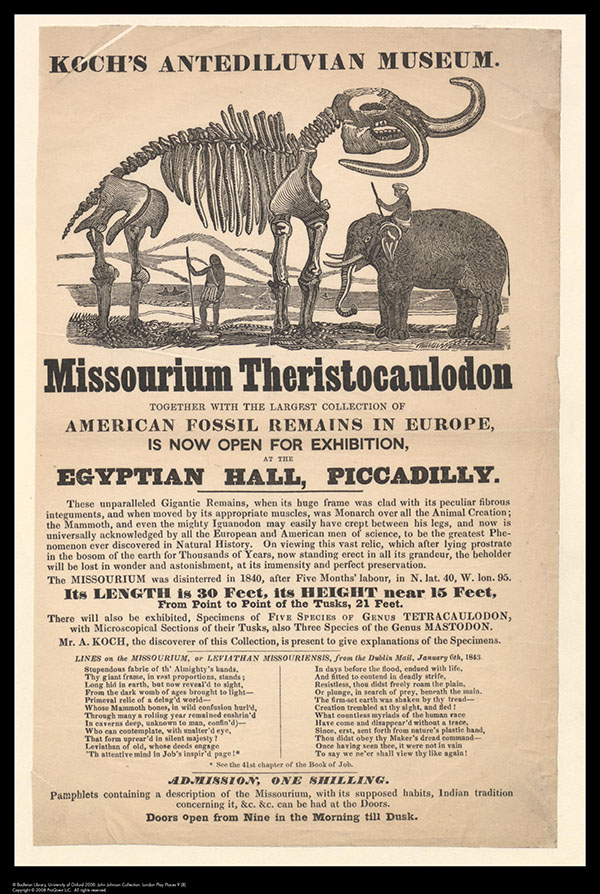 [last updated: 15 January 2024, 9:55am]
[last updated: 15 January 2024, 9:55am]
Following the cyber-attack, our colleagues in the British Library work are working very hard to restore operations and services. As the disruption is likely to continue for a few weeks, below is a list of tips for some workarounds.
BL updates and contacts
Regularly check the British Library blog and their Twitter feed @britishlibrary for updates on the current status of their services. You can contact the BL via Twitter or emailing customer@bl.uk (be prepared for delay to responses).
On Monday 15 January 2024, the BL released access to an interim catalogue. You can search for the majority of their print holdings.
For ongoing services and disruptions, do check their website.
Do you have BL login? Reset your password
‘We have no evidence that data of our users has been compromised. However, if you have a British Library login and your password is used elsewhere, we recommend changing it as a precautionary measure.’
Tip 1: Finding alternative copies
Researchers can obviously double-check SOLO for alternative copies, but may also want to consider HathiTrust or Archive.org for older and out-of-copyright material.
Although the British Library catalogue is not available, you can still check for British Library published material in Library Hub Discover. This resource is a database of 204 UK and Irish academic, national & specialist library catalogues. If you want to easily find a copy in another library in the UK, then make friends with Library Hub Discover!
 Recommend a Purchase for the Bodleian Libraries (Oxford staff and students only)
Recommend a Purchase for the Bodleian Libraries (Oxford staff and students only)
If an item is not held in Oxford or it is not accessible because it is a Non-Print Legal Deposit item, Oxford researchers can check SOLO if another Oxford library (incl. a college library) has your book. If not, you can ask for a book to be purchased using our Recommend a Purchase form (SSO required).
Tip 2: Finding and locating BL open shelf collections
The reading rooms are still open for private research and collections, which are on the open shelves, can therefore be used. Very limited, manual collection item ordering in London for general collection items stored in St Pancras (this does not include special collections) – these can be requested by completing paper forms in the Reading Rooms and will be delivered at set times.
So, how do you find St Pancras items when the BL catalogue is down?
In Library Hub Discover’s Advanced Search, you can limit your search to BL St Pancras in the Library section. You can at least copy the shelfmark and make your way to London.

Calendar of state papers, domestic series, of the reign of Anne : preserved in the Public Record Office. British Library SPHOA HLR 941 (RS 129 )
Admissions
The BL can only issue temporary reader tickets at the moment. If you already have a card and it needs renewing, this will probably be slightly easier than those who need to register for the first time. Contact customer@bl.uk if you need help but be prepared for a delayed response as our colleagues will be terrifically busy with other enquiries.
Tip 3: Accessing British Library website content
BL websites will have been archived, probably to varying degrees of depth, by the Internet Archives’s Wayback Machine.
If you have the URL of the webpage you want to access, just type it into the search box and you will be presented with a calendar indicating the days and years when a snapshot of the webpage was taken:

Wayback Machine showing when the BL website on its Collections (http://www.bl.uk/collection-items) were archived.
Some formatting may be a bit odd and, depending how deeply the content was crawled, you may not always get the full content. It also loads quite slowly. However, I was able to listen to some sound recordings:

A sound recording from the BL Collections website ‘Sisterhood and After: The Women’s Liberation Oral History Project’ where Ann Oakley discussed motherhood and depression. Interview 11 May 2012. Shelfmark: C1420/56
So, how do you find the URL of a BL website?
This becomes a little more ‘interesting’. The easiest is to Google, hopefully find the webpage you are interested in, make a note of the URL string and put it into the Wayback Machine. Please note that this may not always work, if e.g. names of URL were changed over time.

You may also come across links to the BL webpages from other sources. This can of course include the BL’s own Blogs which don’t appear to be affected by the cyberattack. A list of BL blogs is webarchived at https://web.archive.org/web/20231010125136/https://www.bl.uk/blogs.
Please note that this technique will not work for URLs of content in databases with dynamic content such as library catalogues, archive catalogues, etc. None of these are crawled by the Wayback Machine.
At this point it might be a good idea to upskill your Google searching skills. You can target your searches more effectively with certain commands. Check out our Advanced Google Searching teaching materials and video recording.
Tip 4. Looking for the ESTC?
The English Short Title Catalogue (ESTC) is the definitive union catalogue for early British or English language books, covering publications printed before 1800. The BL website for ESTC is down.
A temporary version of the pre-1700 ESTC is hosted at https://estc.printprobability.org/.
However, if you are fortunate enough to have access to a library which has Early English Books Online and the Eighteenth Century Collections Online, then that is a great alternative because you can then also look at the digital copy.
If you are not a member of Oxford University and you are just searching for citations, then you can still search Oxford’s SOLO from anywhere in the world:

Searching ‘eebo cooking banquet’ in SOLO’s Oxford Collections.
Tip 5. Looking for BL Special Collections?
You may be able to use other sources to find descriptions of BL Special Collections. It can be a bit tricky but here are some suggestions:
Both The National Archives and The Archives Hub describe collections held in repositories in the UK, including the British Library. You can limit your search to just the British Library and get some description and shelfmarks. In some instances, the description also mentions microfilmed versions which may be accessible in another library.

A search in The National Archives Discovery tool for India Office material held in the British Library.
Many BL archival and rare book materials have been digitised in source databases, such as the East India Company (Modules I-V). You can get a list of these databases by searching our Databases A-Z for “British Library”. Current staff and students can then of course access these, using SSO for remote access.

Databases A-Z with a phrase search “british library”.
If you are an external reader and would like to register with the Bodleian Libraries, check out our information how to join.
NEED HELP? THEN JUST GET IN TOUCH!
There are a few other things one can try. If any Oxford researchers for British & West European history need any help, do get in touch by emailing isabel.holowaty@bodleian.ox.ac.uk or see our list of other subject librarians.
If you have a disability, you can also contact disability.librarian@bodleian.ox.ac.uk to ask if we can find an alternative.
Wishing our BL colleagues all the very best as they wrestle with a major challenge, Isabel Holowaty, Deputy Head of Humanities Libraries & History Librarian (Research)

















 We Are Our History Conversations
We Are Our History Conversations











